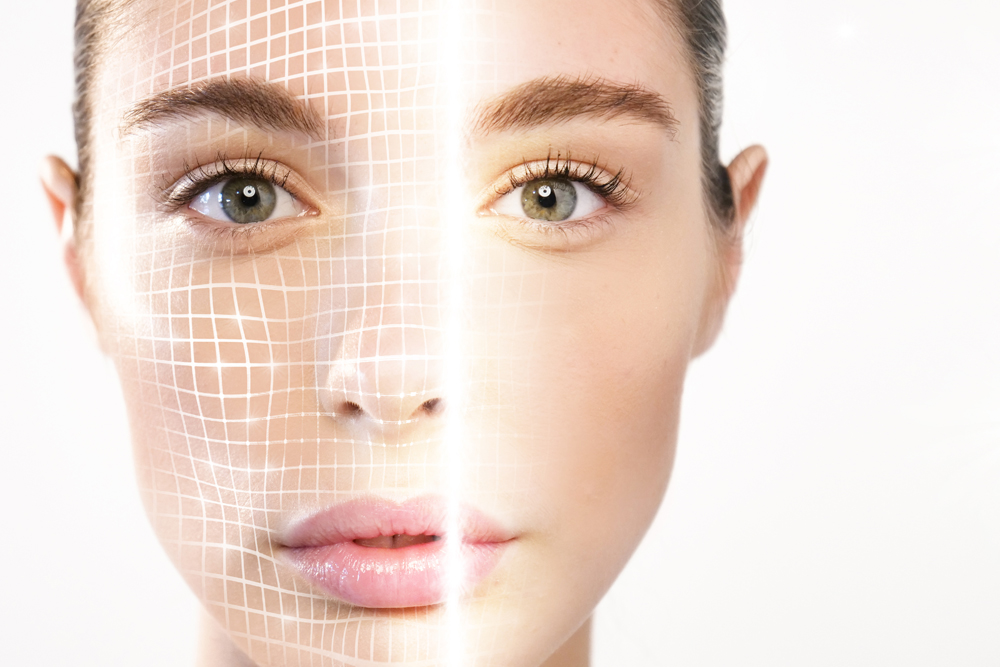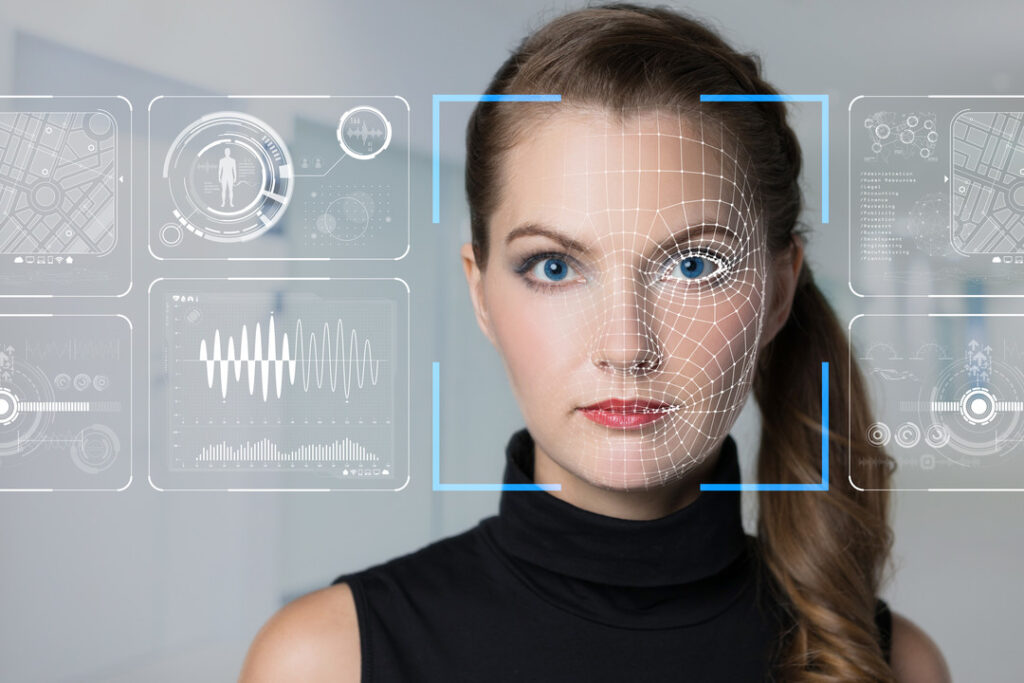
The beauty industry has always been centered around individuality and self-expression. From skincare to makeup, consumers seek products that cater to their unique needs and preferences. In recent years, the beauty industry has embraced the power of technology to deliver personalized experiences like never before, giving rise to the concept of hypersonalization.
How Does It Work?
Hypersonalization goes beyond traditional personalization by utilizing advanced data analytics, artificial intelligence (AI), and machine learning algorithms to create highly tailored experiences for customers. By collecting and analyzing vast amounts of customer data, including skin types, concerns, preferences, and shopping behaviors, beauty brands can now offer bespoke solutions that truly resonate with each individual.
One of the primary ways hypersonalization has transformed the beauty industry is through skincare. In the past, consumers relied on generic skincare products, hoping they would address their specific needs. However, with hypersonalization, beauty brands can analyze factors like environmental influences, age, and genetic predispositions to formulate customized skincare regimens. For instance, AI-powered skincare apps can assess users’ facial images and recommend products tailored to their specific skin conditions, ensuring optimal results.
Makeup is another area where hypersonalization has had a profound impact. Traditionally, consumers would visit makeup counters and rely on beauty experts’ guidance to find suitable products. Now, AI-driven makeup apps can virtually apply makeup to users’ faces, taking into account their features and preferences to suggest ideal products and colors. This not only streamlines the shopping experience but also empowers customers to experiment and discover their unique looks.
Moreover, the beauty industry’s hypersonalization has extended beyond product recommendations. Brands are increasingly using AI chatbots to interact with customers and offer real-time advice on skincare routines or makeup application techniques. These chatbots can analyze past interactions and purchase history to provide more personalized and relevant suggestions, building a deeper connection between the brand and the customer.

Hypersonalization and the consumer base
Hypersonalization has also influenced the marketing strategies of beauty brands. Through targeted advertising and social media campaigns, companies can deliver content that aligns precisely with individual interests and aspirations. This level of personalization not only enhances customer engagement but also fosters brand loyalty and advocacy.
However, with the immense potential of hypersonalization comes the responsibility to handle customer data ethically and securely. As beauty brands collect sensitive information from their users, they must prioritize data privacy and transparently communicate their data usage practices to build trust with consumers.
Conclusion
In conclusion, hypersonalization has become a game-changer in the beauty industry, revolutionizing how brands connect with consumers. By leveraging advanced technologies and data analytics, companies can create tailored experiences that cater to individual needs and preferences, transforming the way we explore and engage with beauty products. As technology continues to evolve, we can expect the beauty industry to explore even more innovative ways to deliver hyper-personalized experiences, making every customer feel truly seen and valued.

